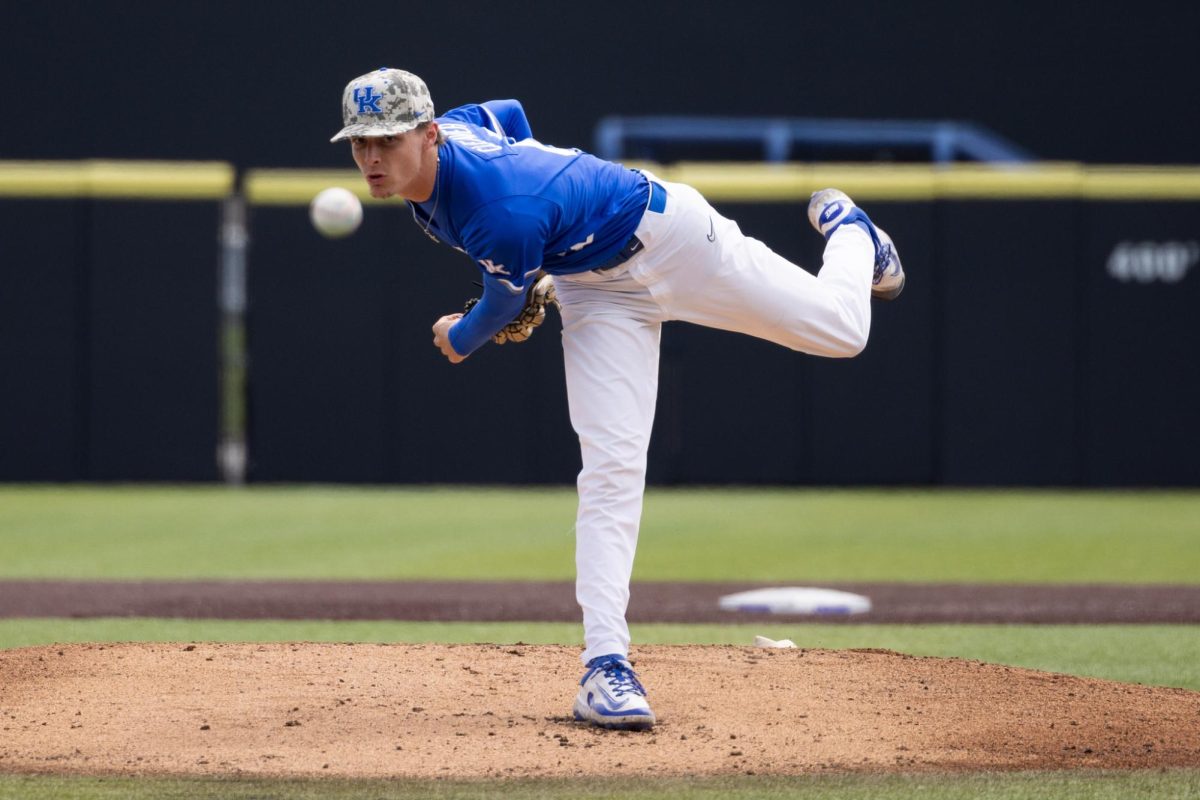For presidential candidates, being a good debater should be part of the job description
October 16, 2019
The CNN/New York Times Democratic Presidential Debate on Tuesday night, with twelve competing candidates, was the largest primary debate in U.S. history—and it was certainly interesting.
Candidates pinned up against each other like tributes from The Hunger Games, each with their personalized approach to handle the battle of the debate. It was the time to make serious changes in public opinion, to make their name recognizable.
But how does one become recognizable? Because the media criticizes the political field harshly, candidates can quickly blow up in the news, either in a positive or negative light. The use of memorable, one-liner stingers against their competitors has helped some candidates succeed in the past year of debates. Some of these comebacks draw a gasp and applause from the audience and then go viral on Twitter the next day; however, this doesn’t necessarily mean they have good debating skills or are best suited to be president.
I believe presidential candidates should be required to be good debaters. Think about it—would you want it any other way?
A debate is a formal conversation on a particular topic with conflicting points of view. Being a good debater depends on the candidate’s ability to think fast on their feet, keep their cool, carry out an argument clearly and convince their audience. The presidential debate is a performance, a movie trailer for voters to watch as they visualize how each candidate would act as POTUS.
Audiences perceive those who falter in the debates as those who could potentially falter as president, and they are justified. The debates put candidates in a highly stressful position with—here’s the kicker—a live audience. They likely have never been this deep in public scrutiny before. That is exactly what the job of being president has in store for them. The president is center stage, representing the U.S. government, and all eyes are on him/her. The president debates with other governmental officials every day.
We can’t honestly have faith in someone who stutters, gets stuck repeating the same points or fails to make their presence known. We can’t cut presidential candidates slack for their incompetence in the debate because the skills necessary to be a good debater are the same skills necessary to be a good political representative.
And to be chief executive? They need to be the best. Being president lasts four years—why would we want to elect anyone who can’t handle a three hour debate?




























































































































































